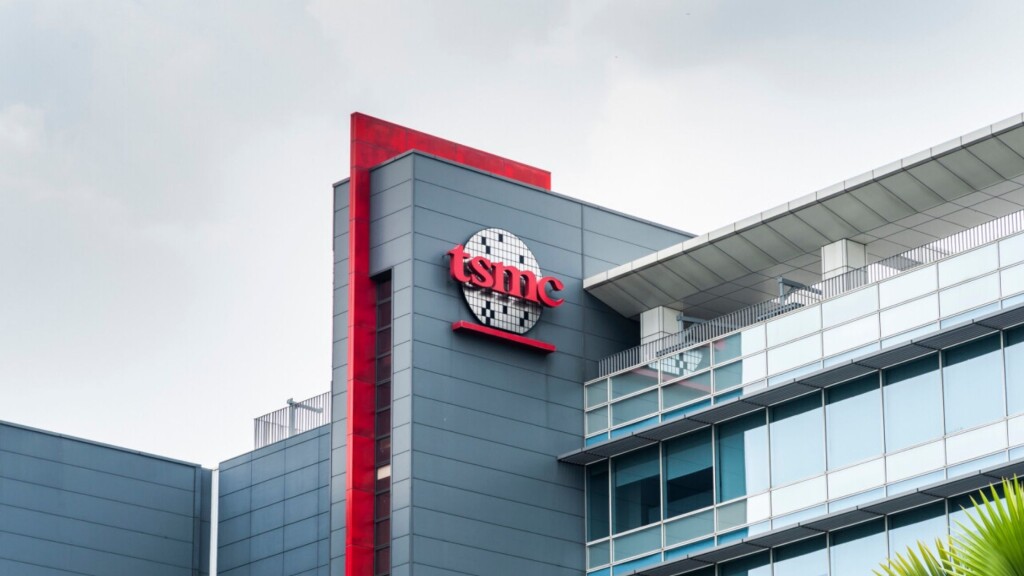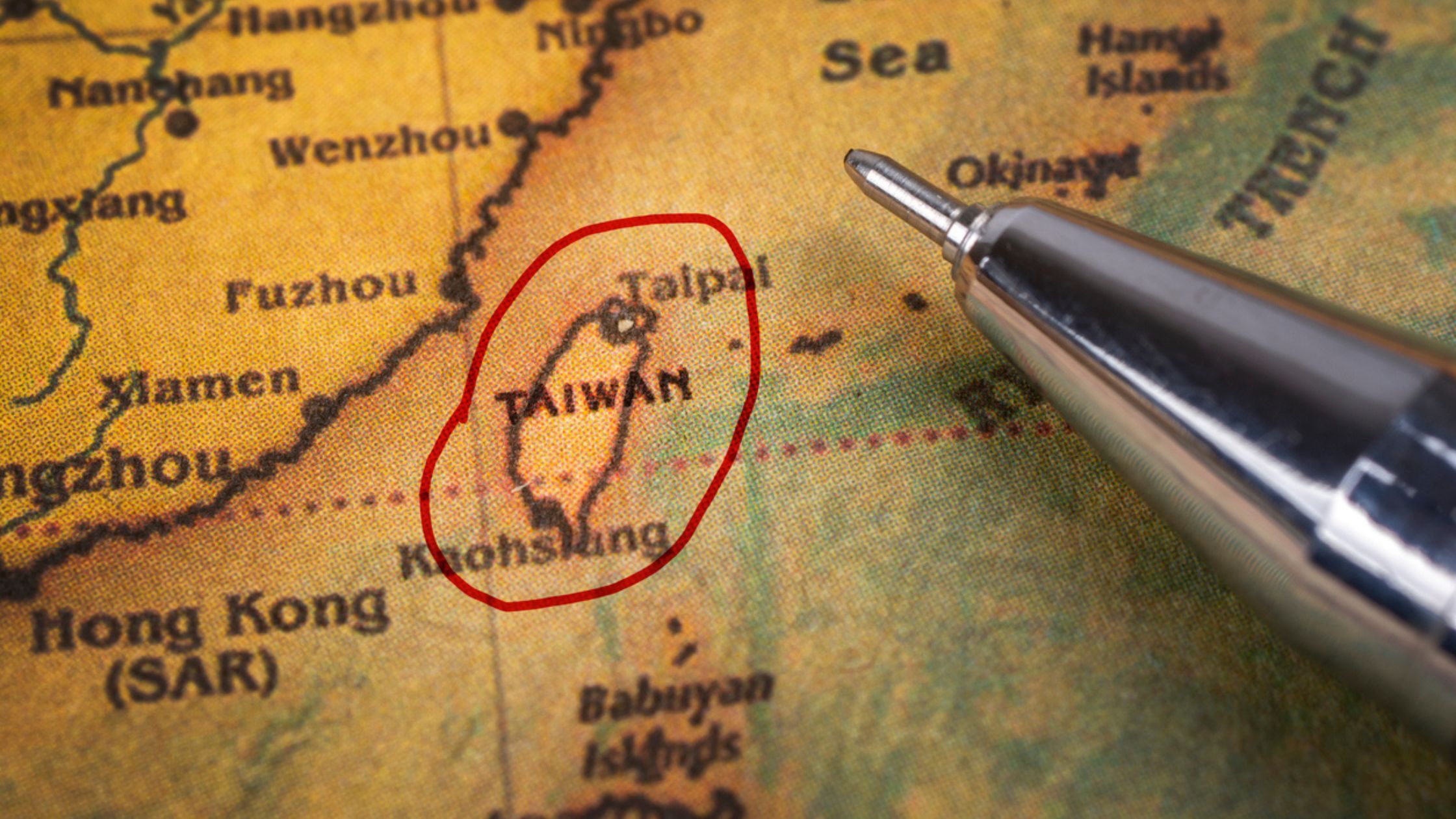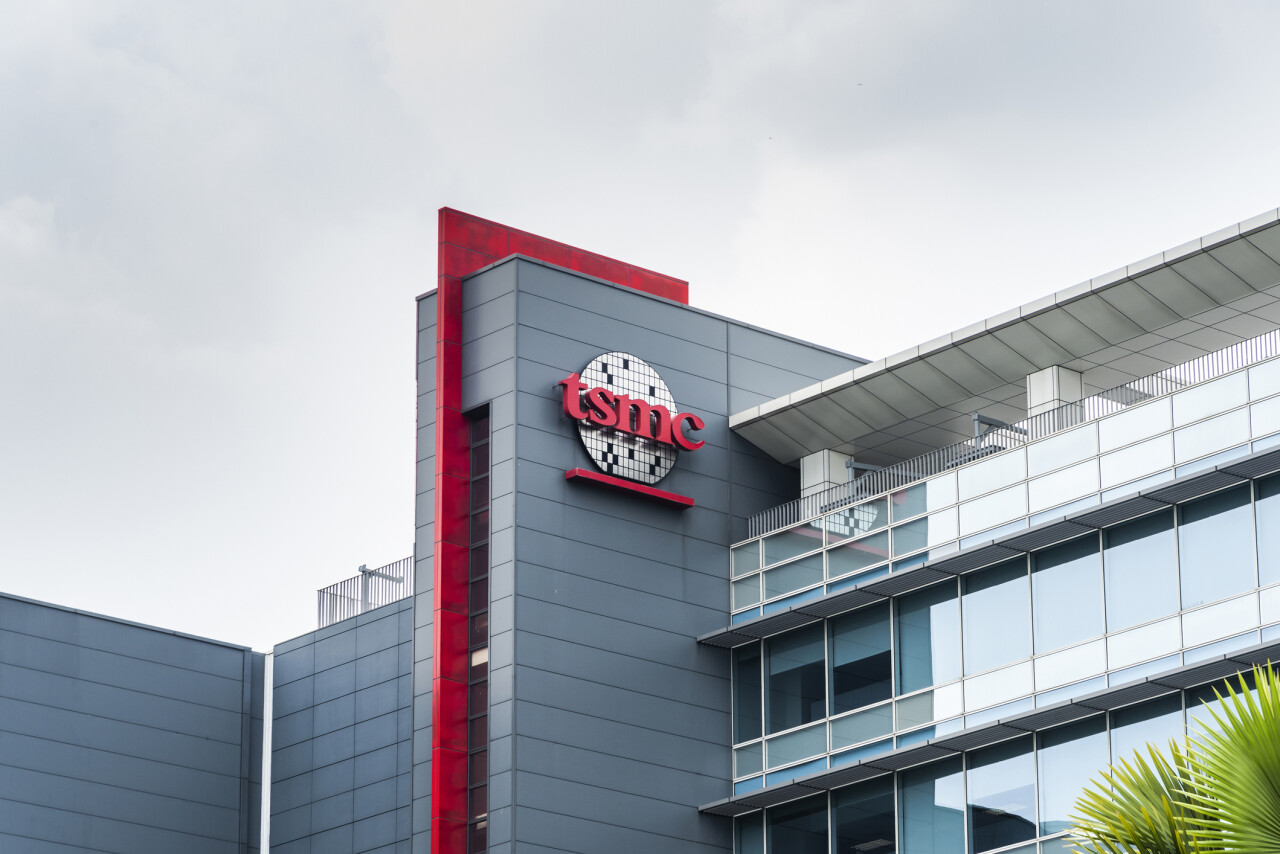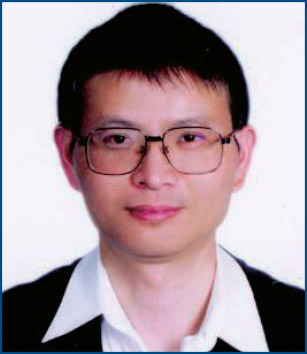Taiwan Updates Distance Learning IP Rules
In response to current technological developments, educational policies, and pandemic measures, the Legislative Yuan passed partial draft amendments to the Copyright Act in a third reading on May 27, 2022. The amendments target aspects of distance learning such as the rules for fair use of copyrighted works, allowing teachers to provide classroom instruction without unnecessary worry. In accordance with digital education policies, the amendments also allow textbook preparers to transmit digital copies to teachers and students to promote the use of e-schoolbags as a replacement for the heavy backpacks that previous generations had to endure. The main amendments are as follows:
- Within the necessary scope of classroom instruction, teachers may offer reference materials or information to students online. This is in response to the pandemic situation as well as international technological development trends.
- Not-for-profit remote education may use copyrighted works but must still pay for copyright authorization. For-profit distance learning activities must acquire paid authorization also.
- Textbook preparers may transmit digital copies of copyrighted works to teachers and students for e-schoolbags unlike previously when only paper copies of textbooks were allowed to be distributed. Remuneration must be paid for the authorized use of copyrighted works under the new regulations.
- The National Central Library (NCL) will be allowed to digitally reproduce its collection in advance as a precaution against damage or loss. The NCL and affiliated libraries will also allow readers access to the digital collection via computers within the libraries.
Taiwan Amends Guidelines to Accept E-signed POAs
The Taiwan Intellectual Property Office (TIPO) is planning to revise the Patent Examination Guidelines to allow some changes to the formality requirements. The draft amendment is expected to indicate that Powers of Attorney and other documents submitted by applicants in the filing and prosecution stage can be signed electronically. Scanned copies have long been acceptable for patent applications, but this new measure will be more convenient. However, if an examiner faces any doubts over the veracity of the electronic signature, he or she will be able to request the applicant to re-submit the document with a wet signature. Since the outbreak of Covid-19 and the disruptions that followed, patent and trademark examiners have been following this practice ad-hoc for some time, so this amendment is expected to pass imminently.
TIPO Promotes Metaverse-Related IP Possibilities
In order to encourage the filing of more metaverse-related applications for IP protection, the Taiwan Intellectual Property Office (TIPO) has published an article providing guidance for how to obtain protection for metaverse-related designs. Technically, metaverse-related designs can be classified into three groups: virtual space, virtual objects and human-machine interface. When filing an application, applicants may present a virtual space in accordance with object design, or present a human-machine interface in accordance with graphical user interface (GUI). Also, the article to which the design applies must be recorded as a computer product. Moreover, if applicants merely transform the appearance of an article existing in the physical world to a virtual appearance in the metaverse, this is likely to be regarded as a design which can be easily conceived and thus be rejected on the grounds of no creativeness. The possibility of an applicant being able to protect his or her designs in both the real world and the metaverse with a single design patent is not possible at this stage, so an applicant will need to file separate applications. There are still legal issues concerning computer program works that are used to generate icons or GUIs, and also there is the situation of territorial jurisdiction that needs to be worked out. TIPO is currently looking to adjust Article 121 of the Taiwan Patent Act when the abovementioned dilemmas have been fully resolved.
Three Taiwanese Computer Firms Investigated for Infringement
The Ministry of Economic Affairs (MOEA) in Taiwan said that it would offer assistance to 3 Taiwanese computer firms under investigation by the US International Trade Commission for patent infringement. The allegations against Acer Inc., Asustek Computer Inc., and Micro-Star International Co. concern possible infringement of video processing patents held by the US company Videolabs Inc. An evidentiary hearing will be held after an administrative law judge has been assigned to the case.
Inaugural WIPO Global Awards Has Winners from China
The Global Awards program is a new initiative held as part of the July 14-22 WIPO Assemblies. The awards are an initiative which recognizes exceptional enterprises and individuals who use intellectual property to make a positive impact at home or abroad. The process involves a group of seven eminent jurors from around the world choosing winners who submit the most innovative commercial solutions, based on IP rights, which promote economic, social and cultural progress. The five winners this year were awarded for their contributions to early cancer detection, energy-saving lights, water recycling, dementia diagnosis and enhanced medical imaging. One of the winners was Raycan, a company based in Suzhou, which specializes in the development and production of radiation detection and imaging equipment.
China Overtakes US in Scientific Research Output
As China’s rising numbers of patents shows, there has been a growth in investment in R&D in recent years. Currently, China is the country which publishes the highest number of scientific research papers yearly. More importantly, China is responsible for 27.2% of the world’s top 1% most frequently cited papers according to data published by Japan’s National Institute of Science and Technology Policy. The figures were based on yearly averages between 2018 and 2020. The number of citations a study receives is generally taken more seriously in academia as a metric rather than merely comparing the number of papers a country publishes. China has excelled at research in different aspects of material science, chemistry, engineering and mathematics. The US was in second place with 24.9% of the top 1% most highly cited research studies with an emphasis on clinical medicine, basic life sciences and physics. China published a yearly average of 407,181 scientific papers of varying quality, but the top 1% data shows clearly that China has increased the integrity of research in many patentable fields.
British Company Wins Trademark Battle in China
Manolo Blahnik, the famous shoe brand, has won a legal battle in China to use its own name. The judgement was handed down by the Supreme People’s Court in June after a two decade legal battle. A Chinese businessman, Fang Yuzhou, had filed various trademarks related to the Manolo Blahnik name back in 2000, causing the British company to take legal action. Under the first to file system in China, there was no need for the Chinese national to prove prior use or intent to use, thus creating a kind of wild west environment for holders of trademarks. In the US and most other countries, such a case would have been swiftly resolved in the IP owners’ favor, but it was only recently that China amended the IP law with a section on bad faith filings. This legal victory means Manolo Blahnik can now expand its business in China without the worry of undeserved lawsuits adjudicated by a biased legal system.
Patent Commercialization Rate at Chinese Universities Increases
Over the past decade, the technology production rate and commercialization efficiency at Chinese universities has rapidly increased. At a recent briefing held by the Ministry of Education, it was revealed that patents granted to Chinese universities went from 69,000 in 2012 to 308,000 in 2021. The grant rate also rose in the decade from 65.1% to 83.9%. Patent transfer/licensing agreements jumped from over 2,000 to over 15,000 in the same time period. The estimated monetary value of patent commercialization was 820 million yuan in 2012 and 8.89 billion yuan in 2021. Part of the reason for the increase was due to government support and coordination allowing universities to connect with various enterprises in order to hasten commercial development of their IP. Also, the implementation of patent open licensing of university-developed patents was key according to the CNIPA’s Intellectual Property Utilization Promotion Department. The commercialization program is ongoing, and a recent 2021 initiative intends to go further by educating universities on how to allocate IP-generated profits, setting up technology transfer centers, connecting universities with state-owned enterprises and SMEs as well as lowering the cost of technology acquisition for SMEs.
Hong Kong Adopts Marrakesh Treaty
The Marrakesh Treaty to Facilitate Access to Published Works for Persons Who Are Blind, Visually Impaired, or otherwise Print Disabled came into Force in Hong Kong and China on 5 May, 2022. A spokesman for the Intellectual Property Department stated that it would demonstrate and reaffirm the commitment to uphold such international standards for the benefit of the print-disabled population.












 Deep & Far Attorneys-at-law
Deep & Far Attorneys-at-law Yu-Li Tsai
Yu-Li Tsai Lu-Fa Tsai
Lu-Fa Tsai C. F. Tsai
C. F. Tsai







